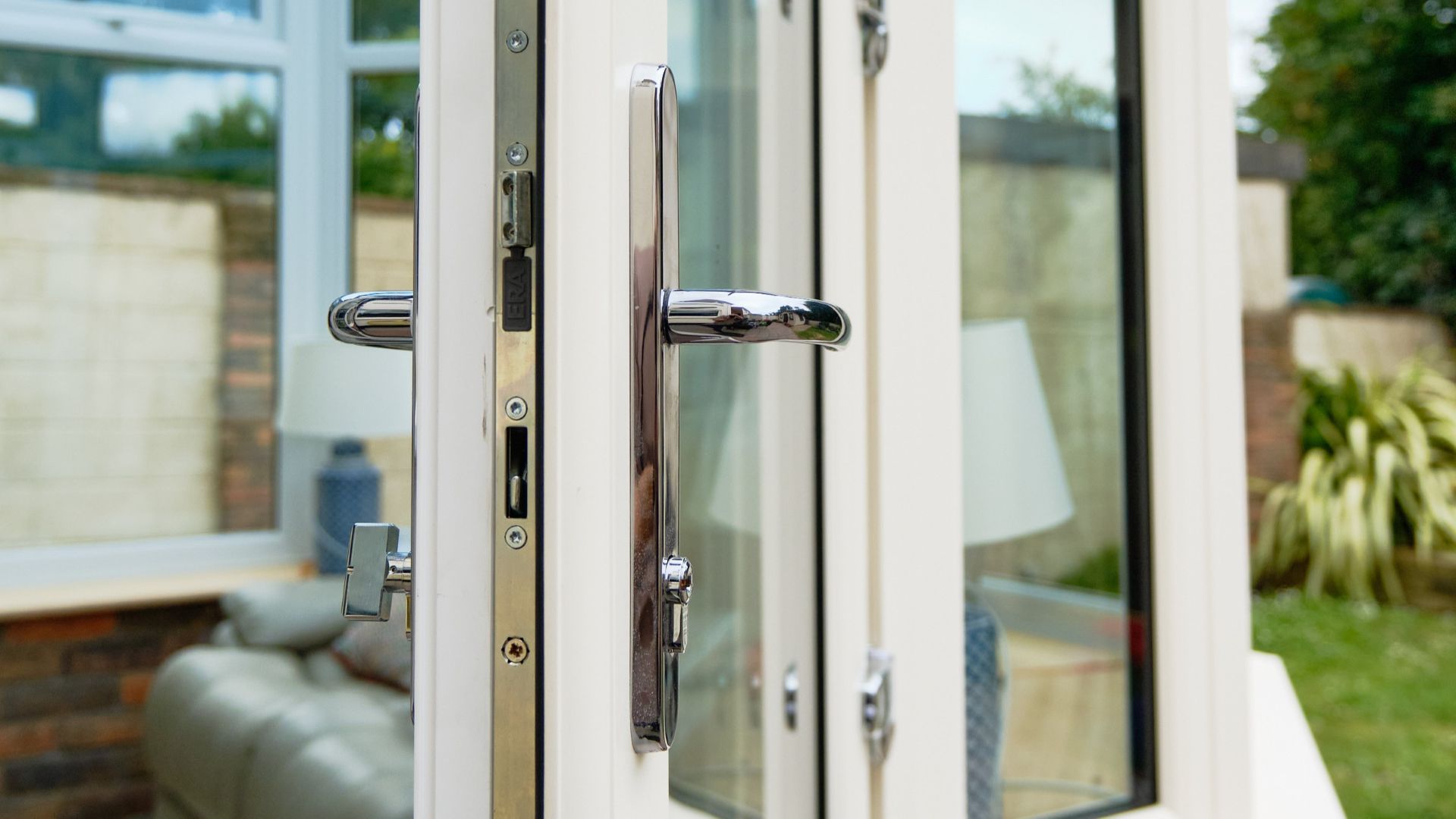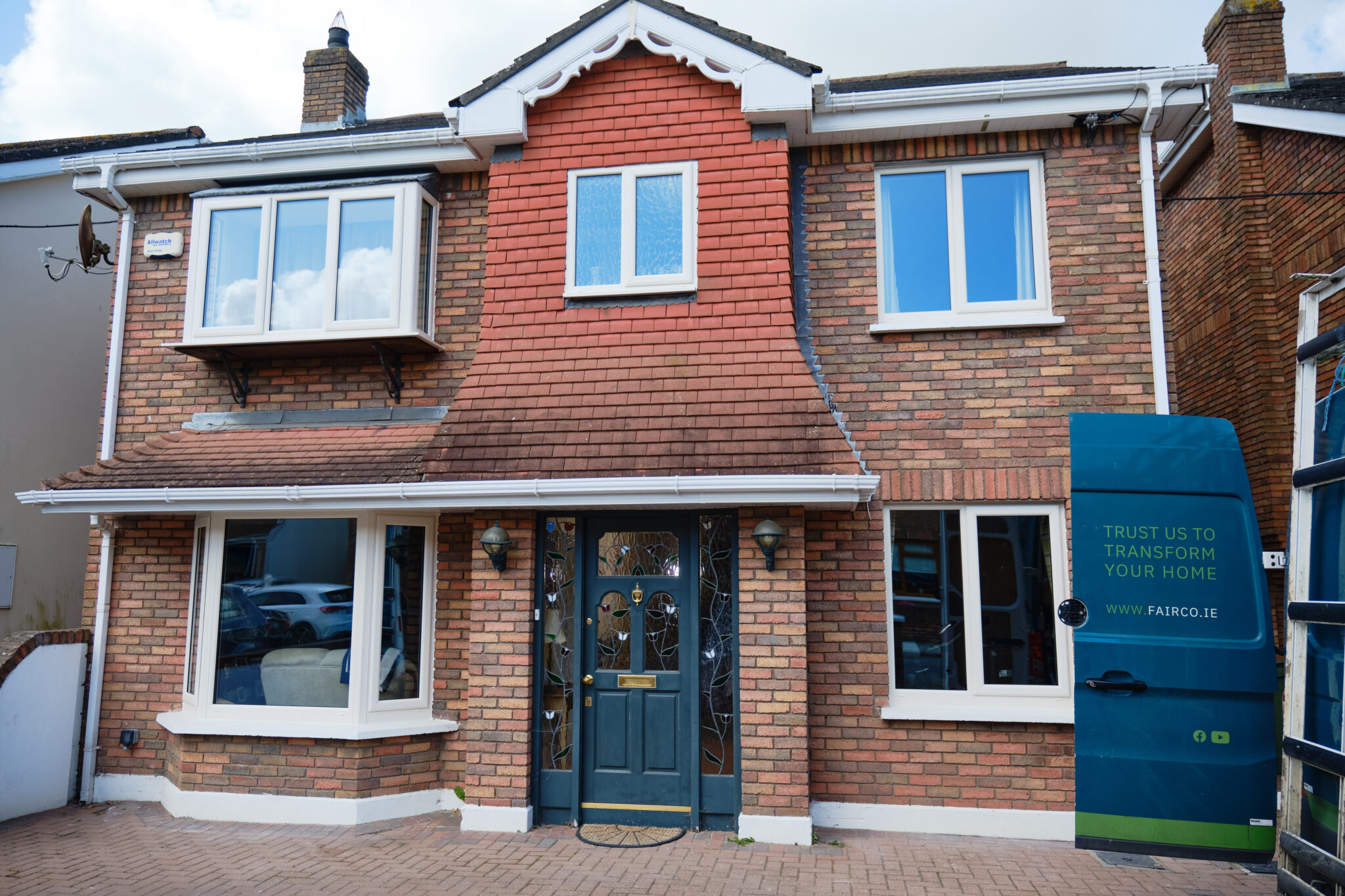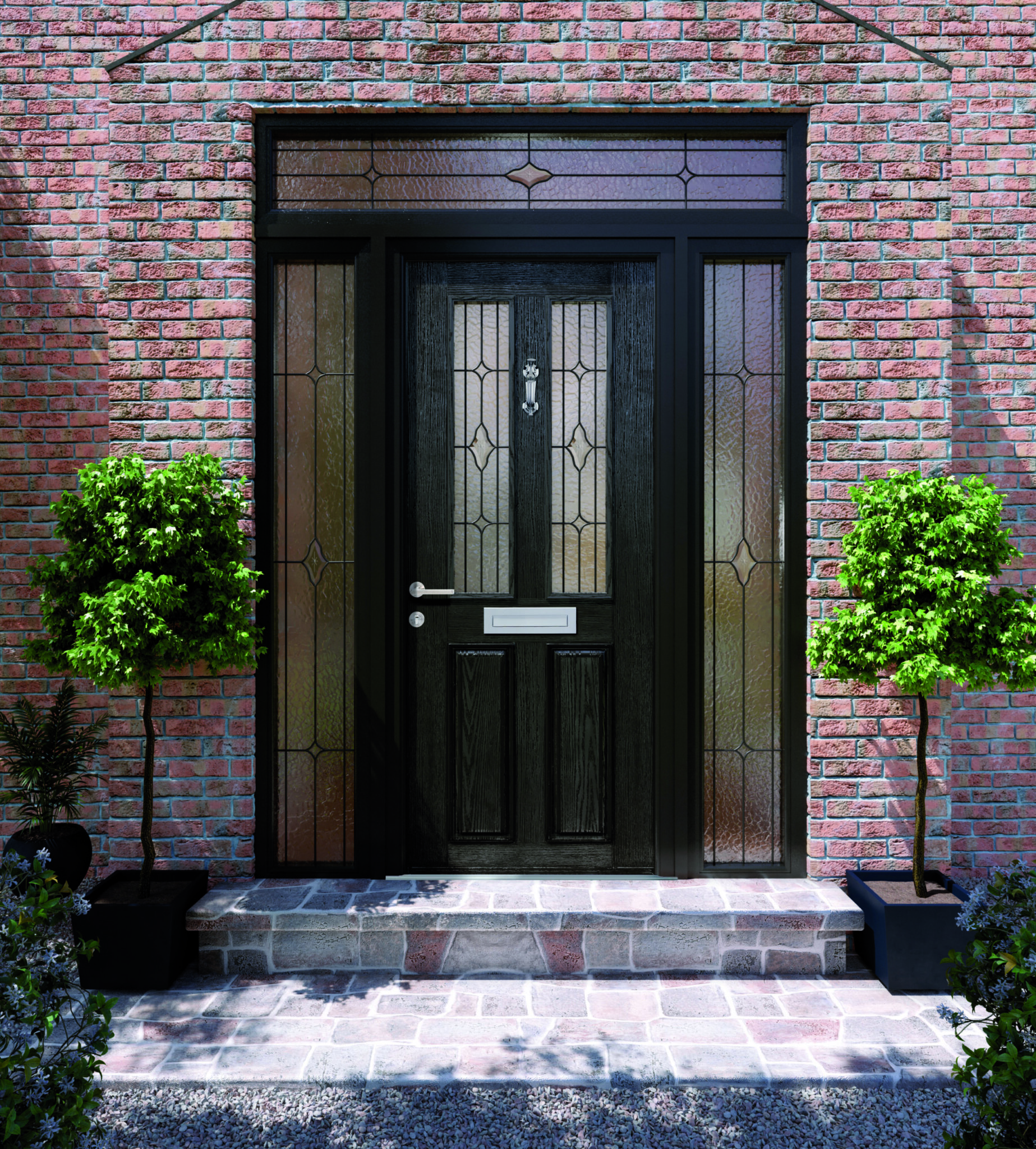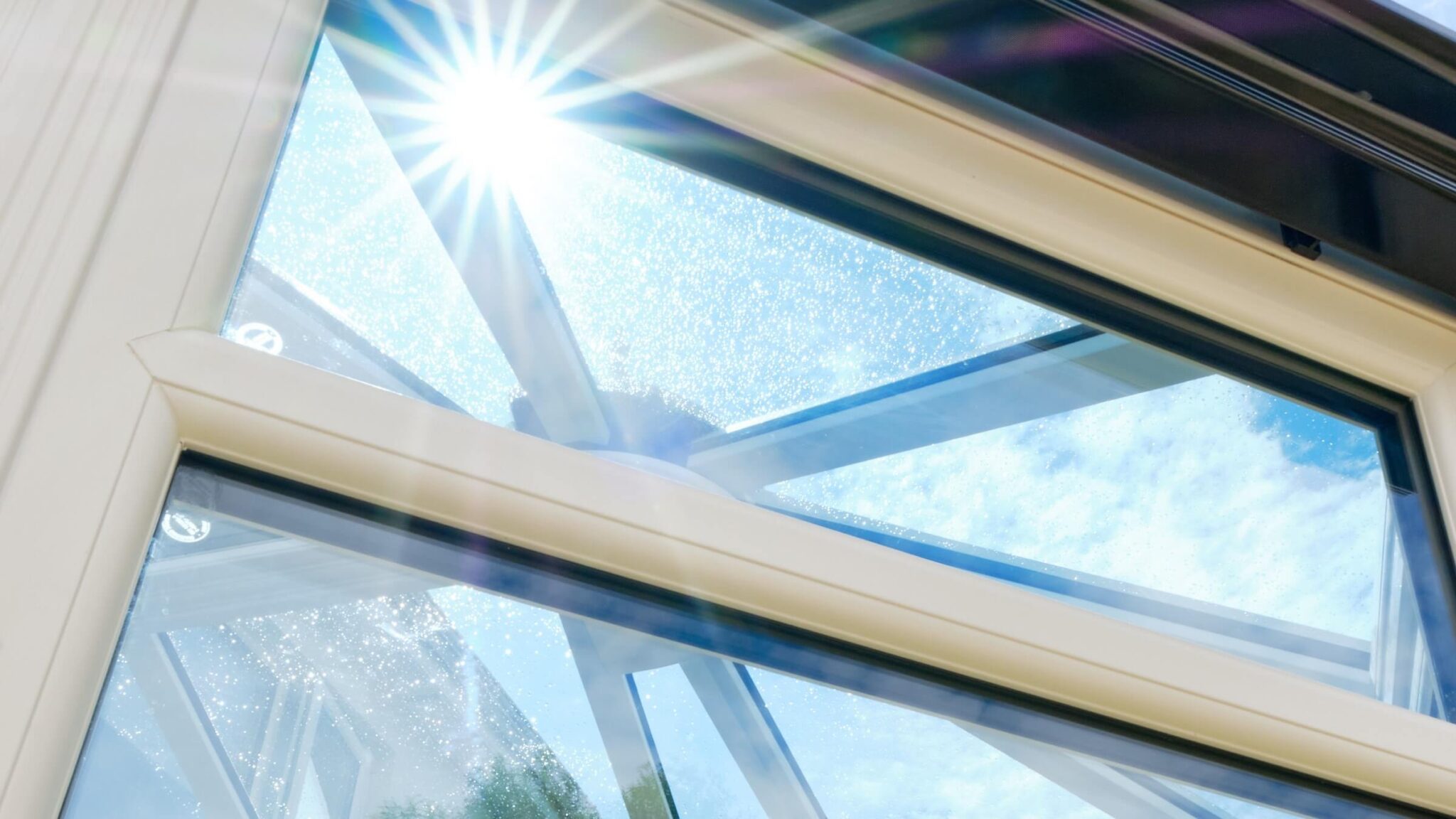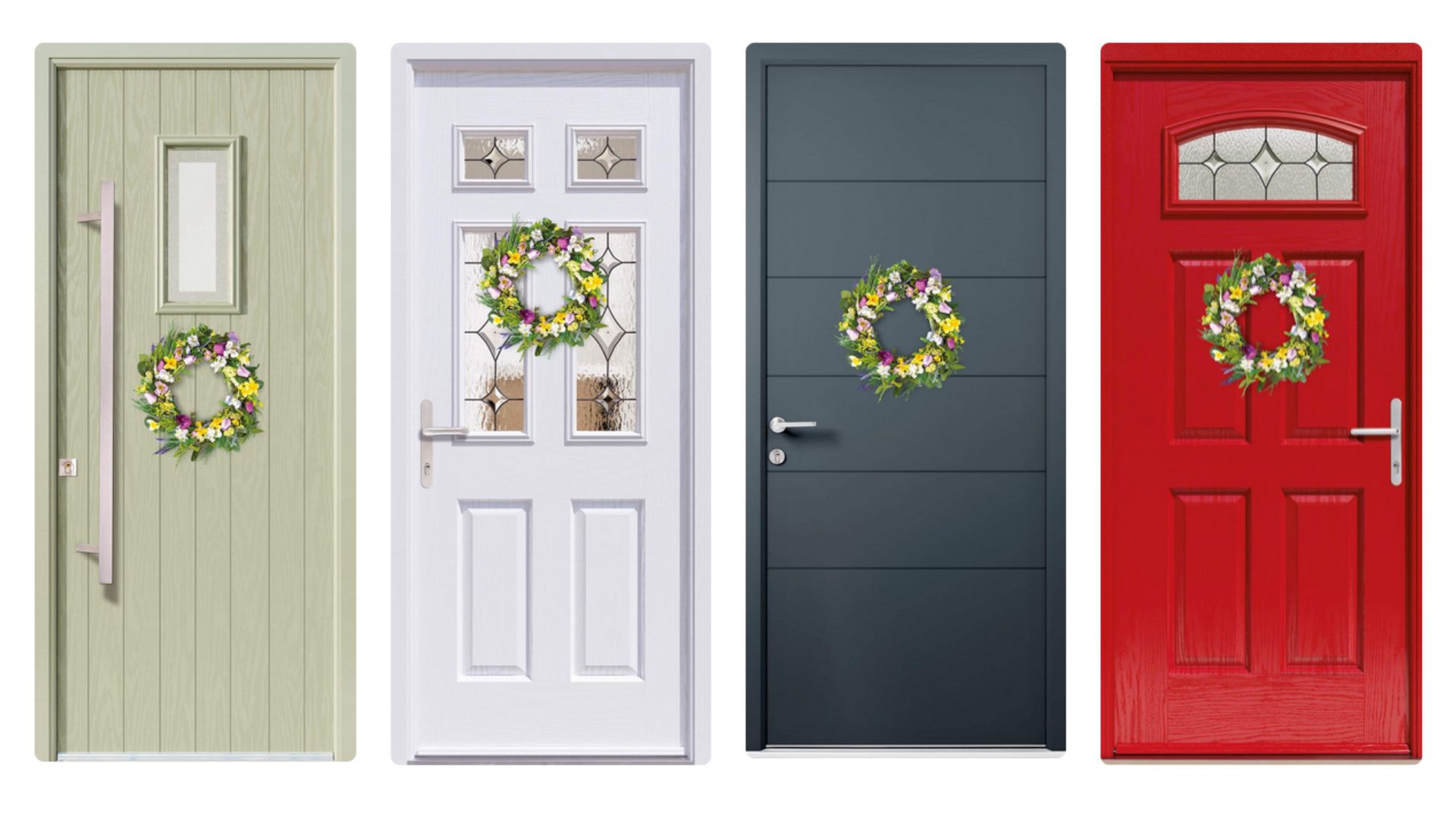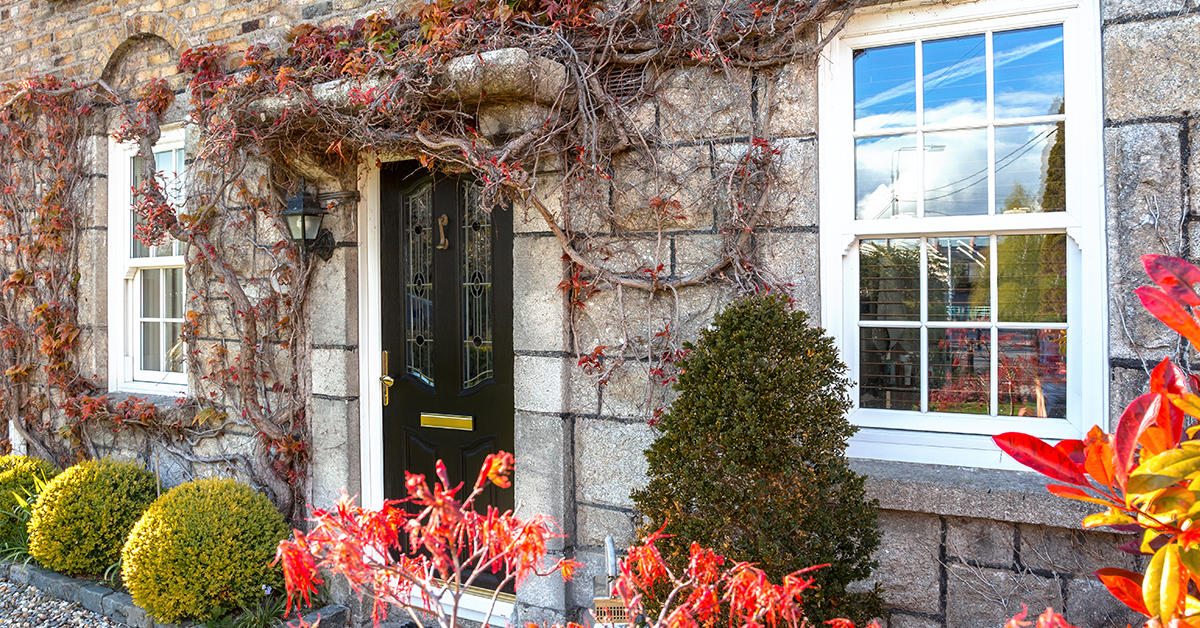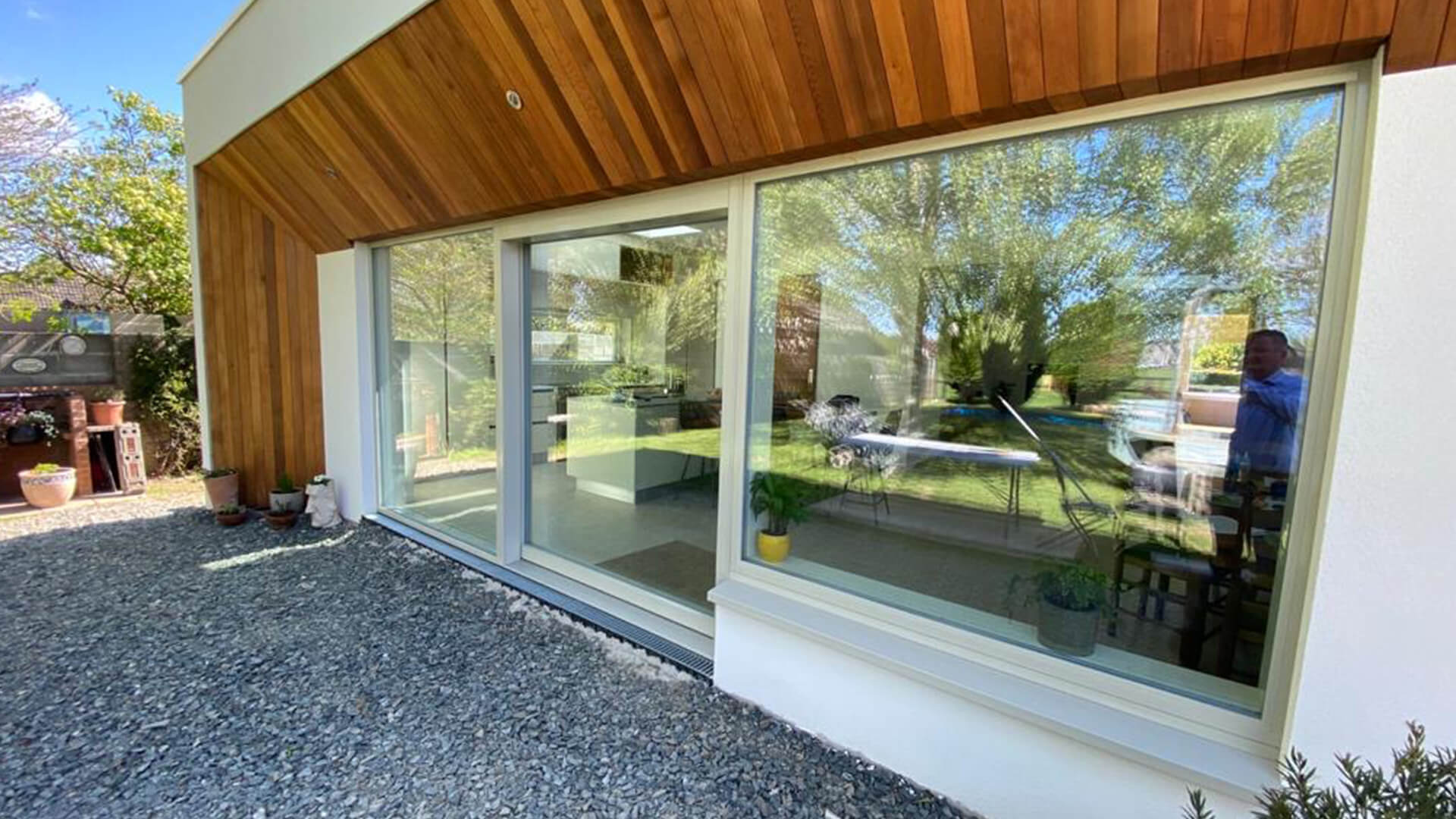
Sash horns are more than just decoration. These elegant pieces, typically seen at the corners of sash windows, echo traditional design while serving a purpose. They contribute to structure, aesthetics, and often align with heritage guidelines. Here’s a quick guide to sash horns, what they are, why they matter, and how to care for them.
What are sash horns, and why do they exist?
Historically, sash horns were structural reinforcements added to large wooden windows when glass panes were smaller and heavier joinery was needed. Placed at the meeting points of vertical and horizontal frames, they helped the sash resist splits and kept the frame rigid. Today, they are mostly decorative, but still signal authenticity and craftsmanship, especially in heritage homes or buildings in conservation areas.
Run-through vs clip-on sash horns
There are two main types to know:
- Run-through sash horns: These are carved or built as a direct continuation of the frame’s stile. They appear seamless, with no break in the wood profile, maintaining a highly authentic appearance. Their structural continuity gives them greater strength, and they’re prized for upscale heritage projects where visuals matter.
- Clip-on sash horns: Attached to the surface of the frame, clip-on horns mimic the silhouette of run-through types but are bolted or glued on. They’re commonly used because they simplify manufacturing and can be added to already built frames, handy for retrofits or when a more cost-effective solution of exact replication is required. However, Fairco’s high-quality sash systems ensure clip-on horns look convincing and elegant.
Sash Horns in conservation areas
In heritage properties, they can be a critical component of planning permission, particularly if a home is in a conservation area; sash horns are often specified to maintain consistency with historic vernacular design. In areas where architectural control is strict, run-through horns are ideal for the highest authenticity. However, well-executed clip-on versions are increasingly accepted, provided they replicate the correct dimensions, materials, and finish. Fairco’s Heritage Sash range is engineered to comply with conservation guidelines, offering both functionality and style that heritage authorities respect. Aesthetically, Sash Horns break up the window frame and draw the eye, giving a distinctive profile and a sense of pedigree. With modern sash windows from Fairco, you get the timeless look combined with contemporary performance, such as modern sealing, energy efficiency, and ease of use.
Historical significance
Georgian Era (c. 1714–1830)
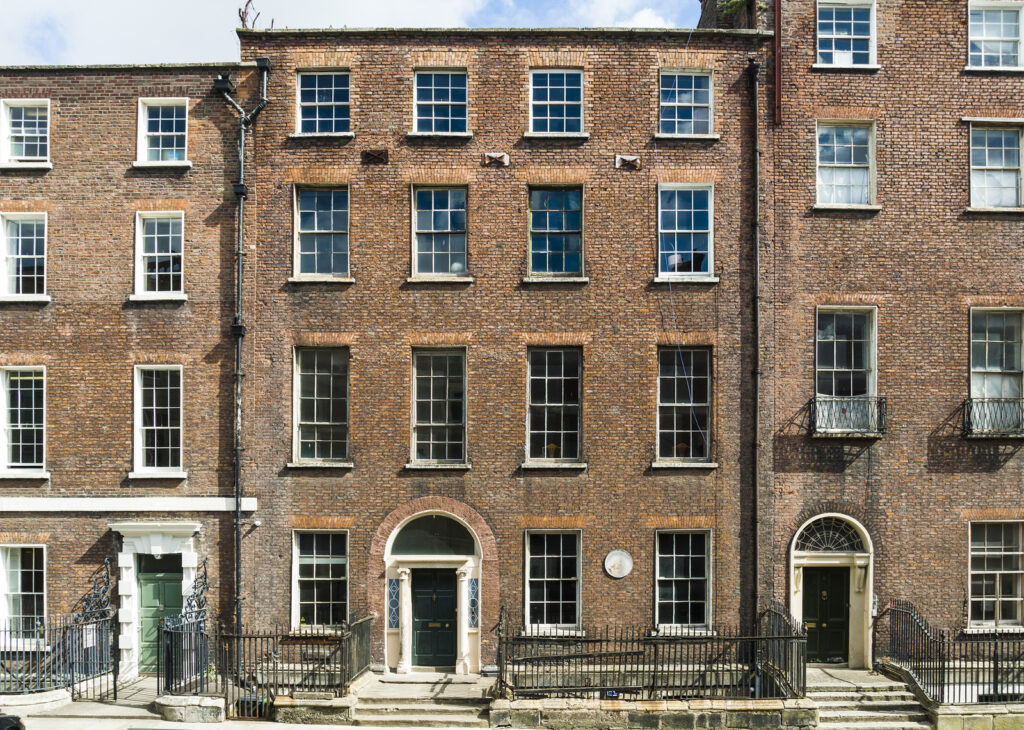
Georgian sash windows were typically composed of multiple small panes separated by glazing bars. These bars offered structural integrity, so sash horns were rare and mostly unnecessary, as the pane structure itself offered support.
Victorian Era (c. 1837–1901)
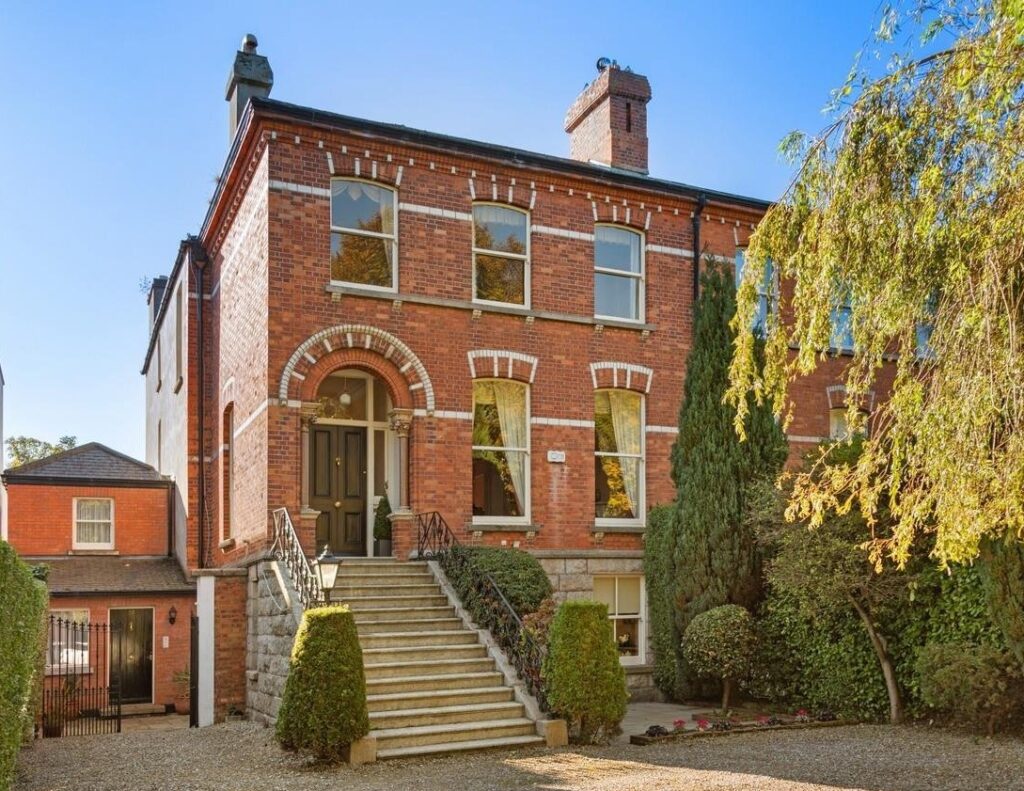
During the Victorian period, larger single panes replaced traditional glazing bars. This advancement weakened sash frames, leading to the widespread adoption of sash horns as functional reinforcements. Beyond structure, sash horns began to reflect design trends, often featuring curves and elegant scrolls that added visual character to homes.
Edwardian Era (c. 1901–1919)

Continuing the tradition from Victorian times, Edwardian sash horns maintained structural purpose but evolved stylistically. This era leaned towards simpler, more refined window detailing. Sash horns often became more understated, aligning with the era’s architectural move toward muted elegance.
Modern times
Today, sash horns are largely decorative, but still beloved for the authentic touch they lend to heritage-style windows. Modern constructions, especially in uPVC or composite, no longer need them structurally. Offered generally as run-through or clip-on versions, they remain a popular choice in period home restoration and traditional carpentry.
Summary table
| Architectural period | Horn usage | Purpose | Style notes |
|---|---|---|---|
| Georgian | Rare | Not needed (glazing bars) | Minimalist, classic frames |
| Victorian | Common | Structural support | Decorative curves and ornate shapes |
| Edwardian | Common | Support + subtle style | Refined, less ornate, elegant detailing |
| Modern | Optional | Decorative replicate | Run-through or clip-on, period-authentic |
Choosing the right horn for your home
Ask yourself a few questions:
- What’s the architectural era or style of your property?
- Do you need planning or conservation approval?
- Are you aiming for maximum authenticity or are ease and cost more important?
- Will the window face harsh weather?
If you want a historically accurate look and your home allows for bespoke legacy design, run-through horns are the best choice. If retrofit, cost-effective or modular fitting matters more, clip-on horns offer flexibility and adaptability.
Example styles

An example image above shows a Heritage Sash window without horns, a more ornate Victorian Seahorse style horn and a classic sash horn design common in Edwardian style homes.
Installation and maintenance
Installing run-through or clip-on sash horns needs precision. For run-through horns, the joint must be seamless and properly sealed during fitting so that weather resistance and finish don’t compromise the aesthetic. For clip-on horns, they must be aligned perfectly, painted or finished to match, and securely fastened, with no gaps or mismatched lines. Skilled installers know how to align the sash and keep the whole frame square while keeping the fitting tight and discreet.
Sash horns usually stay intact with little fuss, as long as the frame is properly painted or coated. For wooden sashes, occasional touch-ups help avoid cracks or shrinkage. For uPVC or aluminium frames, the horn rarely needs attention beyond cleaning. If a clip-on horn ever loosens over time, it should be re-fixed and sealed to prevent drafts. In conservation areas, repairs should match existing profiles and finishes to maintain heritage consistency.
Fairco Sash Windows
At Fairco, we offer two distinct types of uPVC Sash Windows: our Heritage Sash range, designed specifically for conservation areas with authentic features like run-through horns, and our Fairco Sash Windows range, perfect for homes outside conservation zones that still want the charm of a traditional heritage style.
Whichever type suits you best, every Fairco Sash Window is crafted with precision so that sash horns align seamlessly with the frame profiles and finishes, delivering authentic detail alongside modern thermal performance, advanced weather-seal technology, and efficient installation.
Explore Fairco’s Sash range by contacting our expert team for your free consultation, or visit our showrooms to experience them first-hand.

